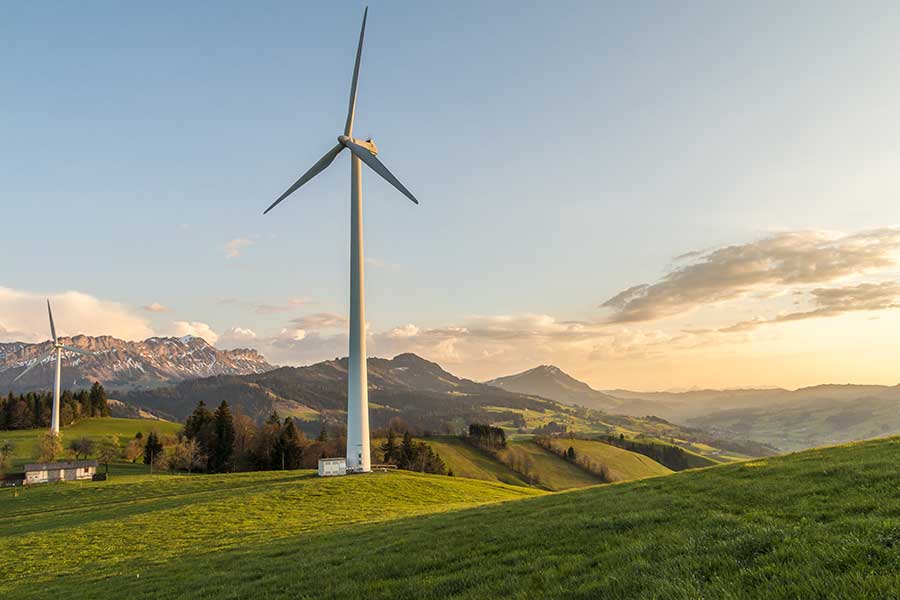
Harvest of good ideas to cut farm pollution
A plan launched this month by the National Farmers’ Union to make UK agriculture carbon neutral within 21 years has been given a cautious welcome.
“There are many good points which will bring a harvest of benefits in the battle to cut our carbon footprint,” said green energy expert Ron Fox.
“But there is nothing in the document about the nation eating less red meat which would free up more land in which to plant trees to soak up the harmful CO2 gases in our atmosphere.”
However, Ron, of Noreus Ltd on the University of Keele Science and Innovation Park, welcomed many of the union ideas to bring in climate-free farming by 2040.
The NFU’s three-part scheme is to use technology to cut farm pollution, to increase the number of trees and hedges and to grow more crops for energy.
The farming industry, which creates 10 per cent of the UK’s total carbon emissions, has long been criticised for not doing more to go green.
Now the union wants farmers to cut direct pollution from farming by using smart technology, such as applying farm chemicals more precisely using satellite technology and capturing methane from manure to heat people’s homes.
They are also suggesting changing the diets of sheep and cattle to reduce the amount of methane gas they give out and to introduce a greater variety of plants in the fields.
The second idea is to capture carbon from the atmosphere by planting more hedges and woods to soak up CO2.
The third suggestion is to increase the numbers of crops grown for energy, like coppiced timber, or crops grown for fibres such as hemp.
“I broadly welcome these plans which will boost wildlife and flood protection, as well as cutting our emissions and energy costs,” said Ron.
“Also they aim to bring all of this in by 2040, ten years ahead of the government’s overall zero emissions target.”
But Friends of the Earth campaigner Guy Shrubsole said he was astonished the plan didn’t include significant changes in the use of land which would be freed up by eating less red meat. He pointed out that the government’s Committee on Climate Change had said this was vital.
But the union pointed out that the carbon footprint of British red meat was only 40 per cent of the world average and their aim was to produce the most climate-friendly food possible.
“However,” Ron said, “it was good that farmers were planning to cut their carbon footprint out in the fields, but they could do more in their farm houses, such as by moving to green energy.
“They could put solar panels on the roofs of some of their outbuildings to use free sunlight to provide their electricity.
“They could also install solar assisted heat pumps on the outbuildings’ walls to get their hot water as well as insulating their rooms with spray foam to cut heat loss and reduce their bills,” he added.
For more information about green energy call Ron on 01782 756995.




